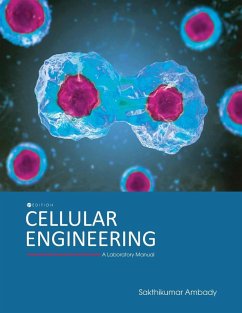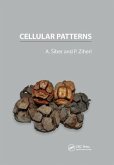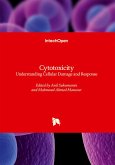Cellular Engineering: A Laboratory Manual focuses on the basic methods and protocols for conducting mammalian cell culture studies in a laboratory setting. It lays out foundational knowledge and detailed experimental procedures for students and professionals involved in the art of mammalian cell culture. The laboratory manual is organized into two core units. In the first, the manual covers the history of cell culture, cell culture basics, cell culture environment, and media composition. It progresses to illuminate students on the concept of Hayflick limit, the importance of differentiating between passage number and population doubling, discusses microbial contamination and the importance of preventing cross culture contamination. The second unit is dedicated to detailed protocols such as freezing and thawing of cells, cellular differentiation, 3D cell culture, immunocytochemistry, cell proliferation assay, biocompatibility and toxicity testing and more. Additionally, advanced protocols and independent project ideas are included for students who have gained proficiency in the basic cell culture procedures. Cellular Engineering is ideal for coursework in mammalian cell culture, biotechnology, and cellular differentiation. It presents knowledge and technical skills pivotal to the field, making it suitable for courses that include laboratory work in cell culture, tissue culture, and cell biology for students majoring in biomedical engineering, biological sciences, biochemistry, or other allied fields.
Hinweis: Dieser Artikel kann nur an eine deutsche Lieferadresse ausgeliefert werden.
Hinweis: Dieser Artikel kann nur an eine deutsche Lieferadresse ausgeliefert werden.








